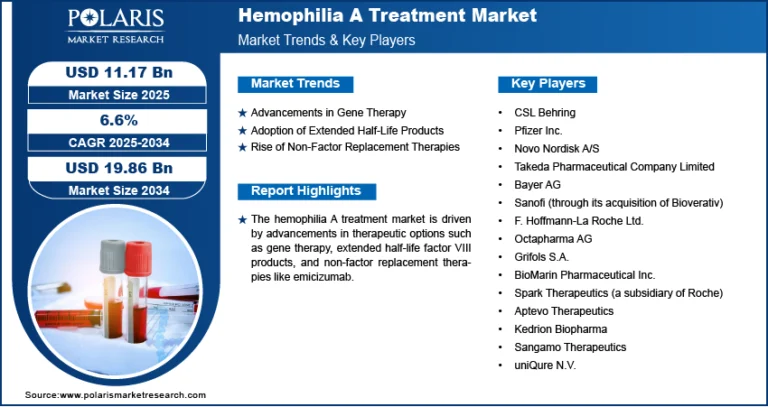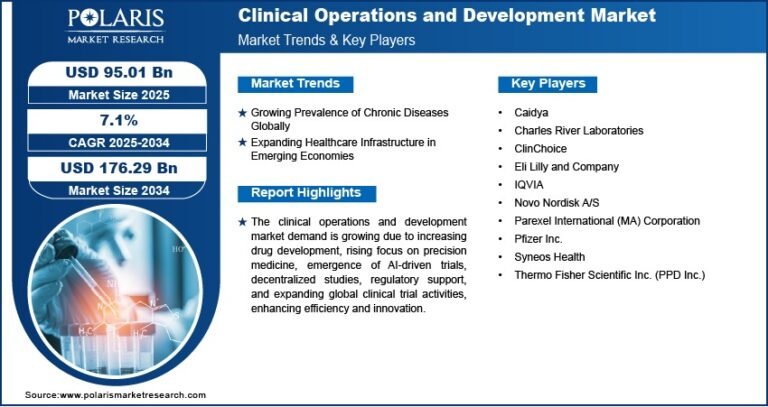Digital Therapeutics Market Projected to Reach USD 89.43 Billion by 2034, Expanding at a CAGR of 27.50%

The global Digital Therapeutics Market was valued at USD 7.86 billion in 2024 and is anticipated to grow at a CAGR of 27.50% from 2025 to 2034.
Key Market Trends & Insights:
- Surge in Chronic Disease Burden:
The rising global prevalence of chronic diseases like diabetes, hypertension, and COPD has accelerated the adoption of digital therapeutics as scalable and cost-effective care tools. - Increased Patient Engagement:
DTx platforms enable real-time monitoring, gamification, reminders, and virtual coaching—enhancing medication adherence and lifestyle modification outcomes. - Regulatory Validation & FDA Approvals:
Digital therapeutics have gained credibility through rigorous clinical trials and approvals from regulatory bodies such as the FDA, solidifying their role as trusted therapeutic modalities. - Integration with Remote Patient Monitoring (RPM):
The convergence of digital therapeutics with RPM and telemedicine has created a seamless continuum of care, especially for patients in remote or underserved regions. - Personalization Through AI & Data Analytics:
AI-driven algorithms are increasingly being used to tailor therapeutic content based on user behavior, biometric inputs, and disease progression patterns, improving efficacy.
Market Size & Forecast
Market size value in 2025 USD – 10.1 billion
Revenue forecast in 2034 USD – 89.43 billion
CAGR – 27.50% from 2025 – 2034
Request for Free Sample:
Market Overview:
The global Digital Therapeutics (DTx) market is witnessing transformative growth, driven by the rising integration of digital health technologies into mainstream healthcare systems. Digital therapeutics are evidence-based software programs designed to prevent, manage, or treat medical conditions by delivering therapeutic interventions through devices such as smartphones, tablets, and PCs. These solutions complement or even replace traditional drug therapies, offering personalized, scalable, and data-driven care.
Market Growth Drivers:
- Growing Adoption of Mobile Health Technologies:
Increased smartphone penetration and digital literacy have paved the way for widespread deployment of therapeutic applications across age groups. - Supportive Government & Payer Policies:
Several national healthcare systems are recognizing DTx as reimbursable therapies, encouraging more healthcare providers to recommend and prescribe them. - Rising Demand for Non-Pharmacological Treatments:
Patients are increasingly seeking alternatives to drugs, especially for behavioral health conditions like anxiety, depression, and substance use disorders. - Healthcare Cost Reduction Imperative:
Digital therapeutics provide an opportunity to reduce hospitalization, emergency visits, and long-term treatment costs, aligning with cost-containment strategies. - Expanding Use in Mental Health Management:
The post-pandemic mental health crisis has significantly boosted the demand for app-based cognitive behavioral therapy (CBT) and mindfulness tools.
Market Challenges:
- Lack of Standardized Reimbursement Models:
While Digital Therapeutics market is gaining clinical acceptance, reimbursement pathways remain fragmented across different geographies and insurance providers. - Data Privacy & Security Concerns:
Given the sensitive nature of patient health data, stringent cybersecurity measures and regulatory compliance are vital, adding to operational complexities. - Patient Engagement & Adherence Issues:
Despite their convenience, some users drop out or stop engaging with digital therapies, affecting overall treatment outcomes. - Limited Awareness Among Providers:
Many clinicians and healthcare professionals are still unfamiliar with DTx platforms, which slows integration into care workflows. - Regulatory Variability:
Different countries have varying standards for DTx approval and monitoring, posing a challenge for international market expansion.






